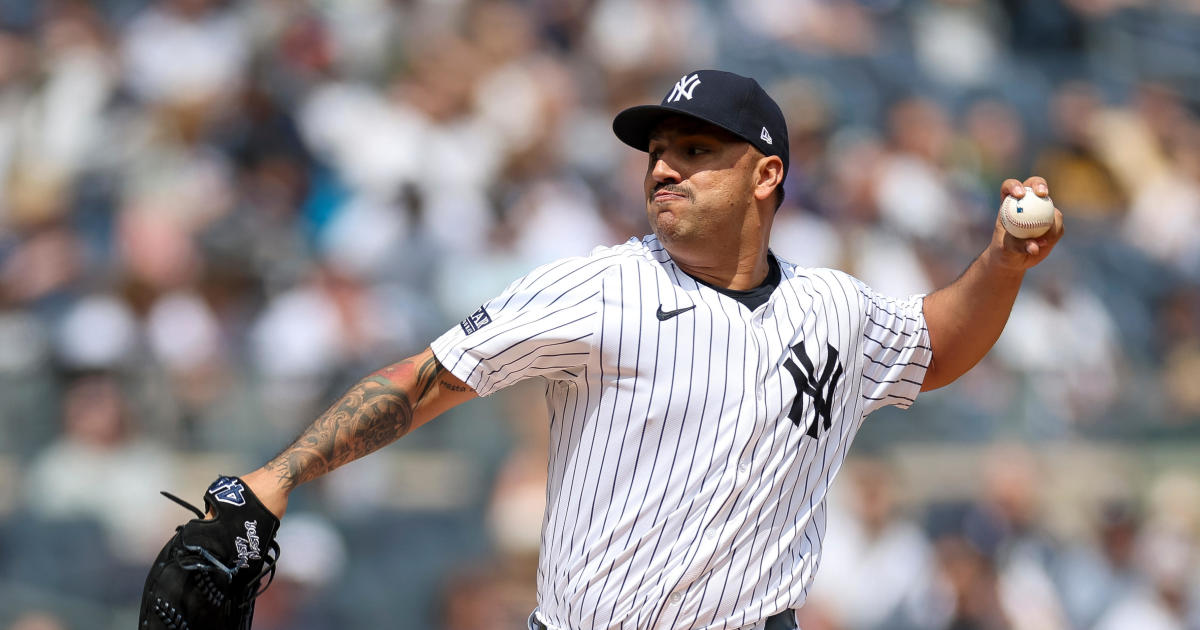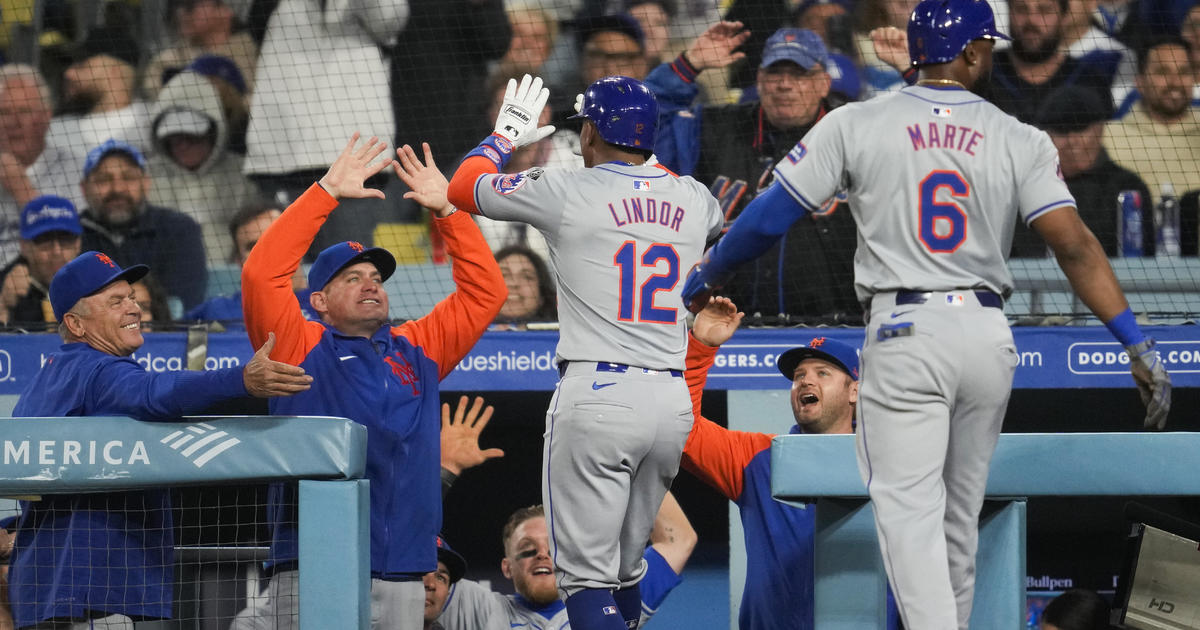I'll Have Another's Retirement Is All About Big Money
By Kevin Martin and Adam Wiener
If you had the chance at becoming a legend or guaranteed riches, which would you choose? The owner of I'll Have Another appears to have opted for the money.
When I'll Have Another woke up in his stall at Belmont Park on Friday morning, he was the center of the racing world, on the brink of making history as the 12th horse to complete the Triple Crown. By lunchtime, his career was over.
After his customary morning trip around the Belmont Park track, an injury described as "developing tendonitis" was discovered in his front leg. Trainer Doug O'Neill said in a press conference Friday afternoon that he could run but the threat of further injury was too great to enter him in Saturday's Belmont Stakes.
While that statement leads to speculation, the real surprise came as owner Paul Reddam announced that I'll Have Another would retire immediately, a decision rooted in economics.
The last two horses to win the Kentucky Derby and Preakness Stakes, Smarty Jones in 2004 and Big Brown in 2008, both retired and had their stud fees set at $100,000.
Simply put, for every mare they impregnated who gives birth to a live, healthy foal, the breeder received a $100,000 check from the mare's owner.
The winner's share in this year's Belmont Stakes is $600,000. An ambitious breeder could easily exceed that in one week with a Derby-winning colt like I'll Have Another.
When Smarty Jones retired in 2004, the initial agreement had him being bred to 110 mares a year. That's $11 Million dollars.
Reddam most likely will sell breeding rights to a big-time breeding operation, but retain a percentage. The owners of Smarty Jones sold his rights to Three Chimneys for an estimated 39 million dollars and retained a 50% interest in the horse's breeding career.
Having not produced a volume of successful horses, Smarty Jones is considered a failure as a stud and his fee is now just $7500. But in those first few years, before any of his offspring made it to the track, the money flowed.
If I'll Have Another raced and completed the Triple Crown, how much more would he have commanded in stud fees? If he raced and was injured further, needing to be euthanized, then all the future breeding riches would have vanished.
With these economic realities, how difficult is it to imagine an owner retiring a horse immediately after the Kentucky Derby? Why risk future riches by racing a horse for comparatively small purse money?
Kevin Martin is a contributing editor at Hello Race Fans and the founder of the thoroughbred racing history site Colin's Ghost and.



